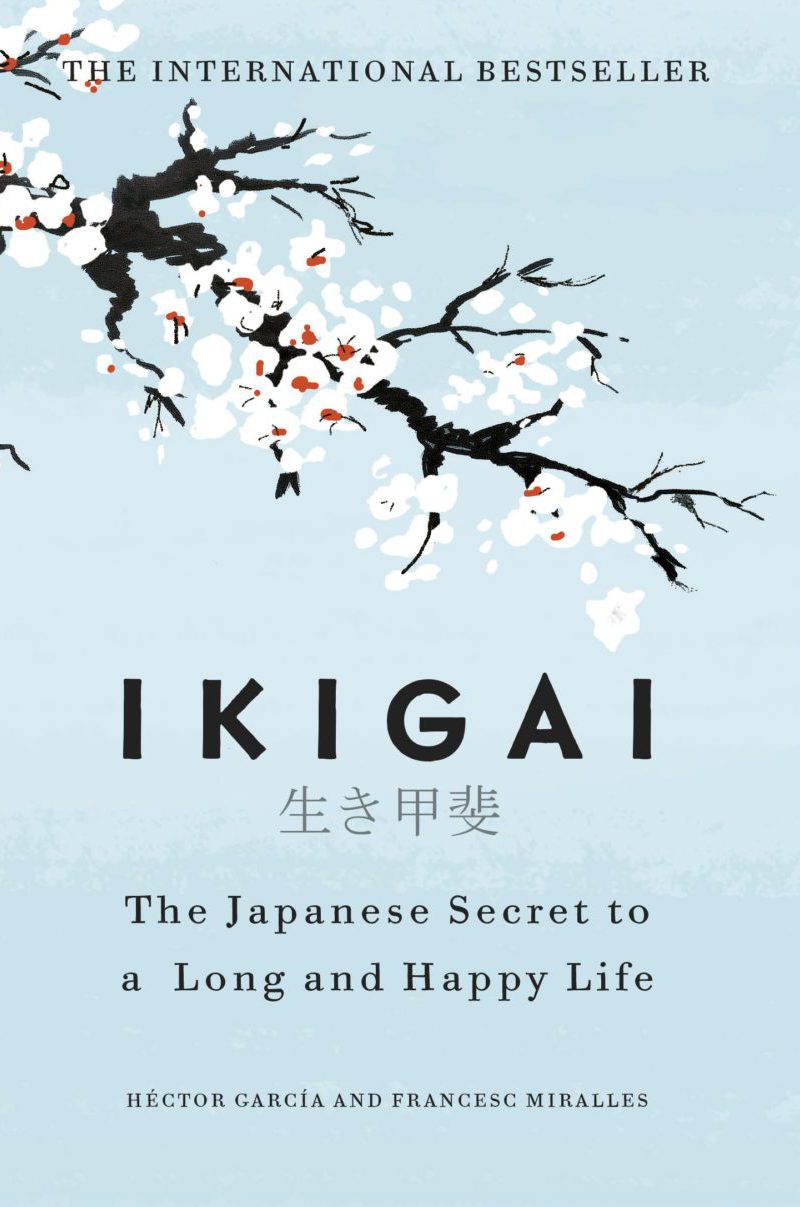Ikigai: The Japanese secret to a long and happy life
Once you discover your Ikigai, pursuing it and nurturing it every day will bring meaning to your life. The Moment your life has this purpose, you will achieve a happy state of flow in all you do.
Subjects: Work Life Balance
The book Ikigai: The Japanese secret to a long and happy life is divided in four parts – Finding your purpose, Achieving flow, living here & now and little changes one can do in life like diet and exercise.
Finding your purpose through logo therapy by famous Viktor Frankl who wrote Man’s Search For Meaning: The classic tribute to hope from the Holocaust is explained very nicely. Morita Therapy which i personally found very useful is given which is also integral to Ikigai. Morita explained the idea of letting go negative feelings in his book Morita Therapy and the True Nature of Anxiety-Based Disorders
Flow has been pioneered by Csikszentmihalyi in the book Flow: The Classic Work On How To Achieve Happiness: The Psychology of Happiness. Authors Hector Garcia and Francesc Miralles build on the concept of flow through their examples of Takumis, engineers, geniuses, and otakus. A very interesting story of Steve Jobs visiting Takumi in Japan. And the story of Richard Feynman painting walls and soldering circuits reenforces the idea of Flow.
Authors travelled extensively in Japan, and interview many supercentenarian. They have compiled a very impressive list of traditions, rituals, diets, exercises for happiness and logevity – from Yoga to Qingong.
The book ends with resilience and wabi-sabi.
“Wabi-sabi is a Japanese concept that shows us the beauty of the fleeting, changeable, and imperfect nature of the world around us. Instead of searching for beauty in perfection, we should look for it in things that area flawed, incomplete.”
It briefly touches on anti-fragility from the book Antifragile: Things that Gain from Disorder by Nicholas Taleb.
“Life is pure imperfection, as the philosophy of wabi-wabi teaches us, and the passage of time shows us that everything is fleeting, but if you have a clear sense of your ikigai, each moment will hold so many possibilities that it will seem almost like an eternity”
The book is a wonderful read, and takes us right into lives of Japanese people and reasons why they live long, their attention to detail and probably why they don’t mind doing repetitive tasks which is frowned upon in the western world.




